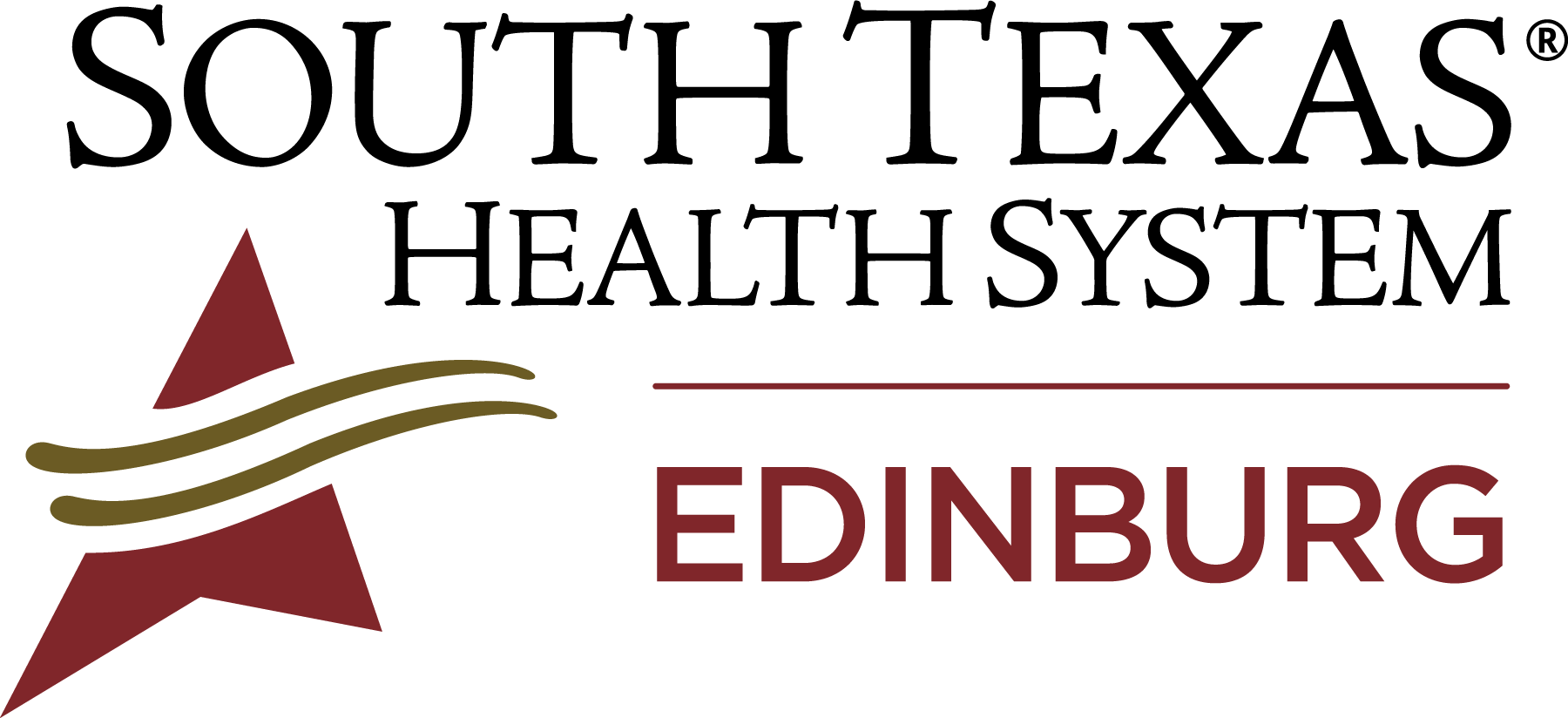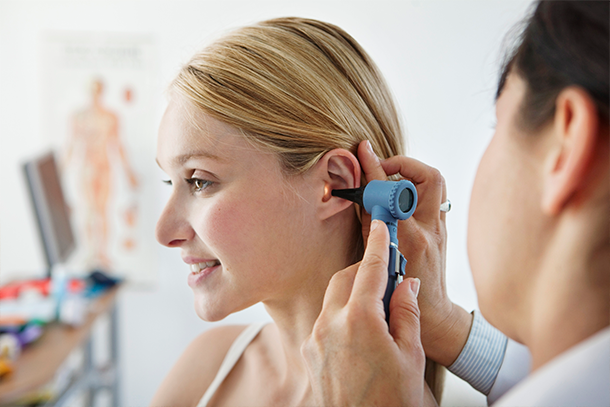Ear, Nose and Throat Care
Otolaryngologists, or ear nose and throat physicians, are experts in a complex set of head and neck conditions. Otolaryngologists at South Texas Health System Edinburg are specialists in many medical and surgical areas.
Find a Doctor
To find a doctor that's right for you, call the South Texas Health System Reserve and Learn line at 800-879-1033.
Maxillofacial and Reconstructive Surgery
Otolaryngologists treat patients with abnormalities of the face and mouth, including a variety of problems from birth defects (such as cleft palate) to accidents causing disfigurement to removal of tumors involving the tissues of the mouth. They also perform surgical procedures to reshape the nose or jaw to improve appearance and function.
Nose and Sinus Allergies
Otolaryngologists provide diagnosis and treatment of patients with symptoms and manifestations of nose and sinus allergies, including hay fever and other inhalant seasonal and perennial allergies that are present all year round.
Oncology
Otolaryngologists provide treatment for head and neck cancers that may involve surgery, radiation therapy and chemotherapy. Your otolaryngologist will work closely with a medical and radiation oncologist to design the best possible treatment program.
Otology
Otology involves the medical or surgical treatment of diseases and conditions of the ears, such as ear infections, balance problems or dizziness and hearing problems.
Plastic Surgery
Plastic surgery is similar to reconstructive surgery except that it is often done for cosmetic purposes. Plastic surgery is important for patients who have been victims of disfiguring accidents and for those who wish to have a more improved or youthful appearance.
Hearing Disorders
Many conditions concerned with hearing require clinical care by a physician or other health care professional.
Hearing loss may be caused by excessive noise, a viral or bacterial infection or head injury. There are also many diseases that contribute to hearing loss including tinnitus, presbycusis and Usher syndrome.
Presbycusis is the gradual loss of hearing that occurs as people age.
Tinnitus is the sound of ringing, buzzing or clicking that occurs inside the head. The sounds may be continuous or come and go. Over 50 million people in the United States suffer from some degree of tinnitus. In at least two million people, the severity of the disease interferes with daily activities, according to the American Tinnitus Association.
Usher syndrome is an inherited disorder that involves both a hearing and vision impairment. Usher syndrome is passed from parents to their children.
There are three types of Usher syndrome. US type 1 includes profound deafness from birth and vision problems by age 10 that eventually lead to blindness. US type 2 includes moderate to severe hearing problems and impairment of vision by the teen years. People with US type 2 usually benefit from hearing aids. People with US type 3 show a development of hearing problems in the teen years and deafness by late adulthood. Blindness also starts by mid-adulthood.
Smell and Taste Disorders
The loss of the sense of smell and taste are the most common chemosensory disorders. The reduced ability to smell or to taste substances is also common. These disorders can have a significant impact on quality of life. With a lack of smell, a person can be unaware of such things as fire or leaking gas, putting him or her in danger. Some people are born with these chemosensory disorders, while others develop them through illness, injury, dental problems, exposure to chemicals or hormonal disturbances.
Diagnosing loss of smell can include measuring the lowest concentration of a chemical a person can recognize. Finding taste disorders can be done with a test where chemicals are directly applied to specific areas of the tongue.
Find a Doctor
To find a doctor that's right for you, call the South Texas Health System Reserve and Learn line at 800-879-1033.

